Montana Residents Forced to Live in Cars and RVs as Housing Costs Skyrocket
The small city of Bozeman, Montana, has experienced a significant increase in urban camping over the past few years.
The number of people who have been forced to live in RVs or vehicles parked on city streets has skyrocketed by over 200% in the past few years. This alarming trend is a stark reminder of the rising housing costs many locals cannot afford.
Bozeman Rising Homelessness Population
The city of Bozeman is located in Montana’s Rocky Mountains region and has a growing population of 56,000 people. In recent years, it has become a popular destination for wealthy investors, many of whom have driven up the price of homes in the region.
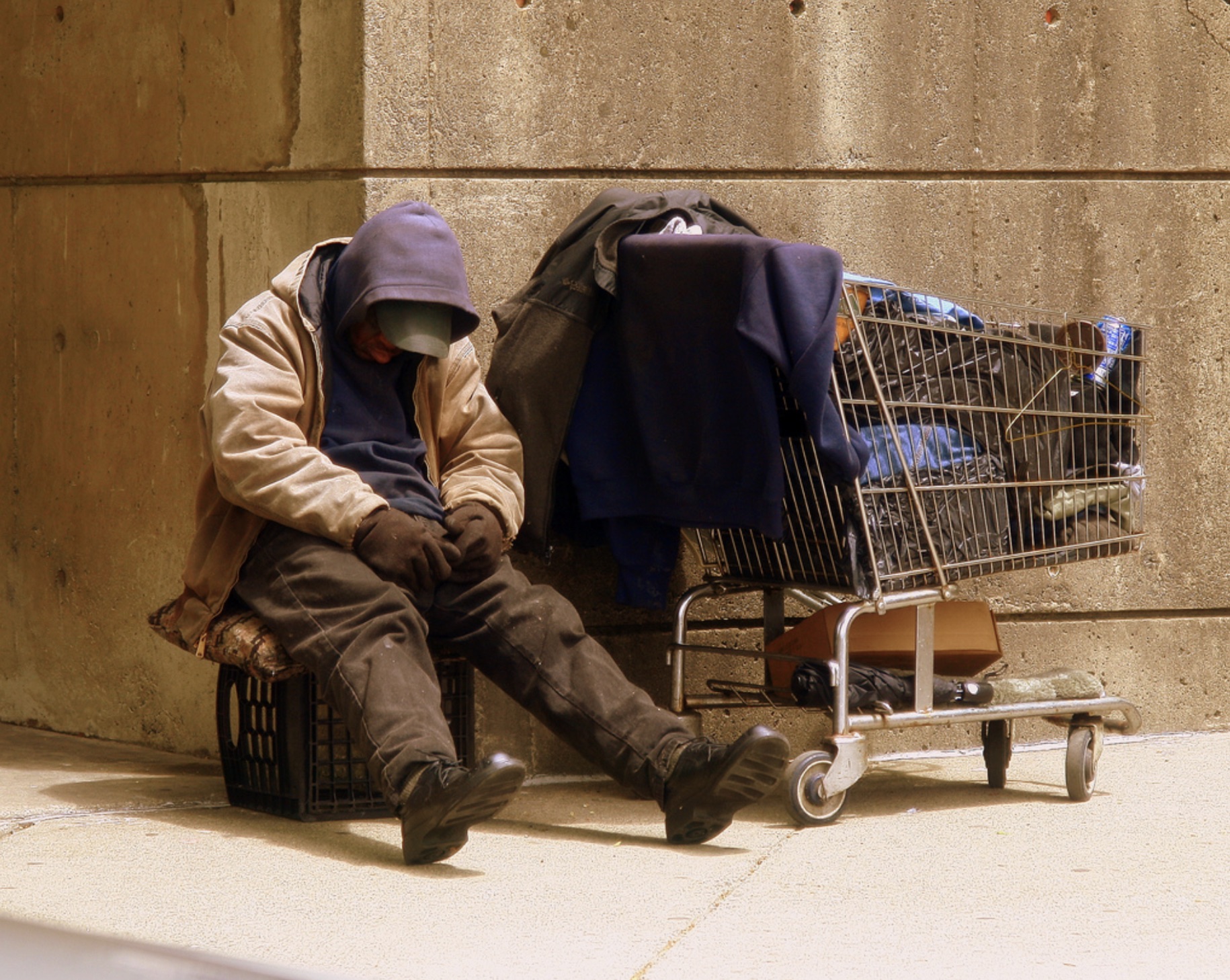
Source: Wikimedia
This has, unfortunately, led to a significant increase in the number of people living in their vehicles as they cannot afford the high housing costs. Since 2020, the city’s unhoused population has grown by a staggering 50%, according to Montana PBS.
The Rising Housing Costs in Bozeman
As reported by Business Insider, the average price of a home has increased from $669,000 at the beginning of 2020 to $1.2 million in 2024.

Source: Wikimedia
In comparison, rental prices in Gallatin County, where Bozeman is located, shot up by nearly 20% from 2019 to 2022 and continue to rise with each passing year. Many locals opt to live in their vehicles simply because they cannot or do not want to pay the exorbitant prices.
Bozeman Mayor Calls Urban Camping a Recent Phenomenon
Urban camping refers to people who live in RVs or vehicles within city limits. Speaking on Bozeman’s unhoused population, Mayor Terry Cunningham said, “Homelessness has always been on the radar.”
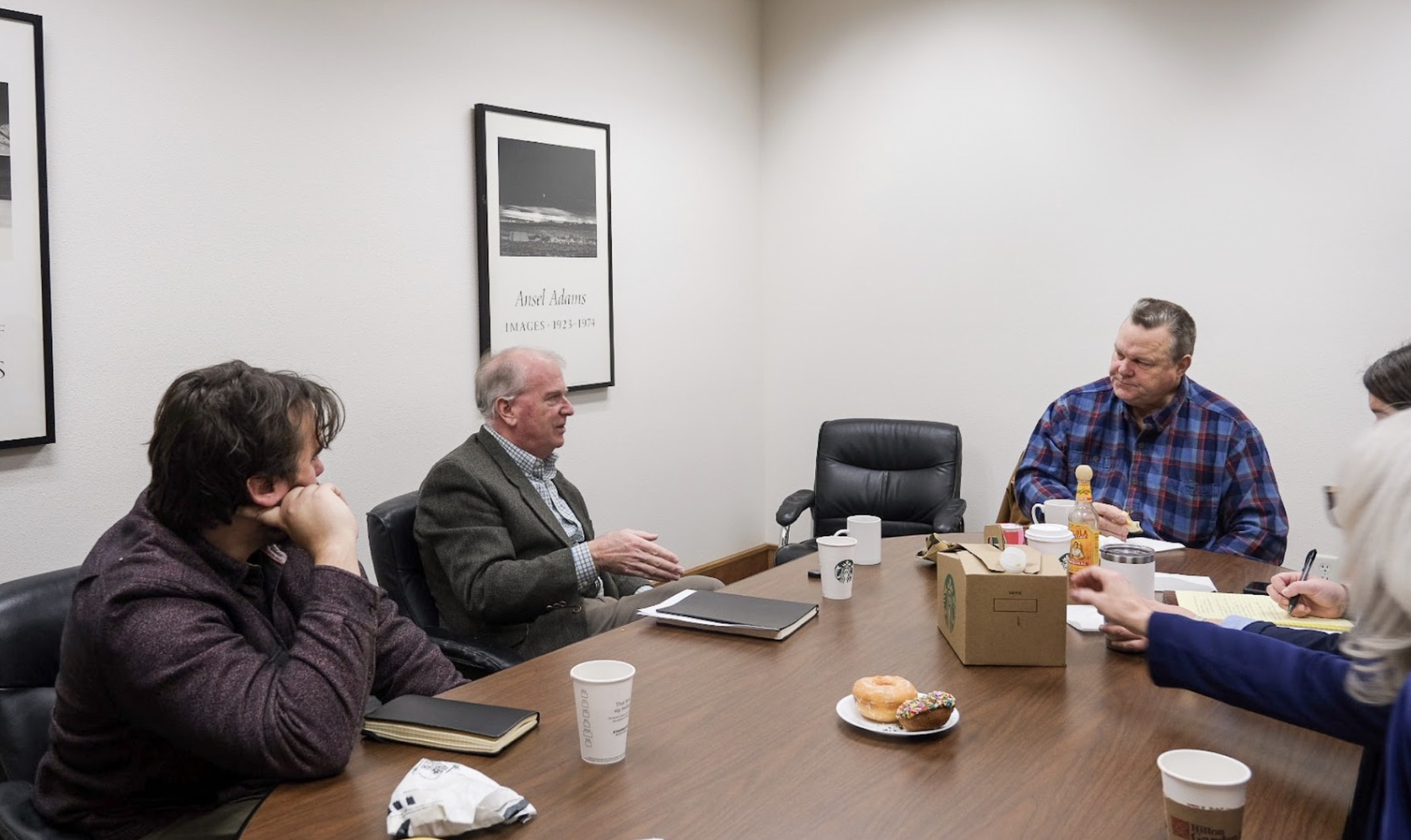
Source: @SenatorTester/X
He continued, “This, with urban camping, RVs, more cars, this is a recent phenomenon.”
City Residents Struggle to Agree on How to Handle Urban Campers
Homelessness has been on the rise in Bozeman since the COVID-19 pandemic.

Source: Fabian geronimoo/Unsplash
However, the surge in the number of people living in RVs and campers within the city’s limits has made the problem more visible. Many locals have voiced concern because they don’t believe the city is doing enough to address the issue.
Government in Favor of Urban Campers
The city of Bozeman appears to support the residents’ choice to live in RVs, writing on its website, “First, these folks are our residents, too.”
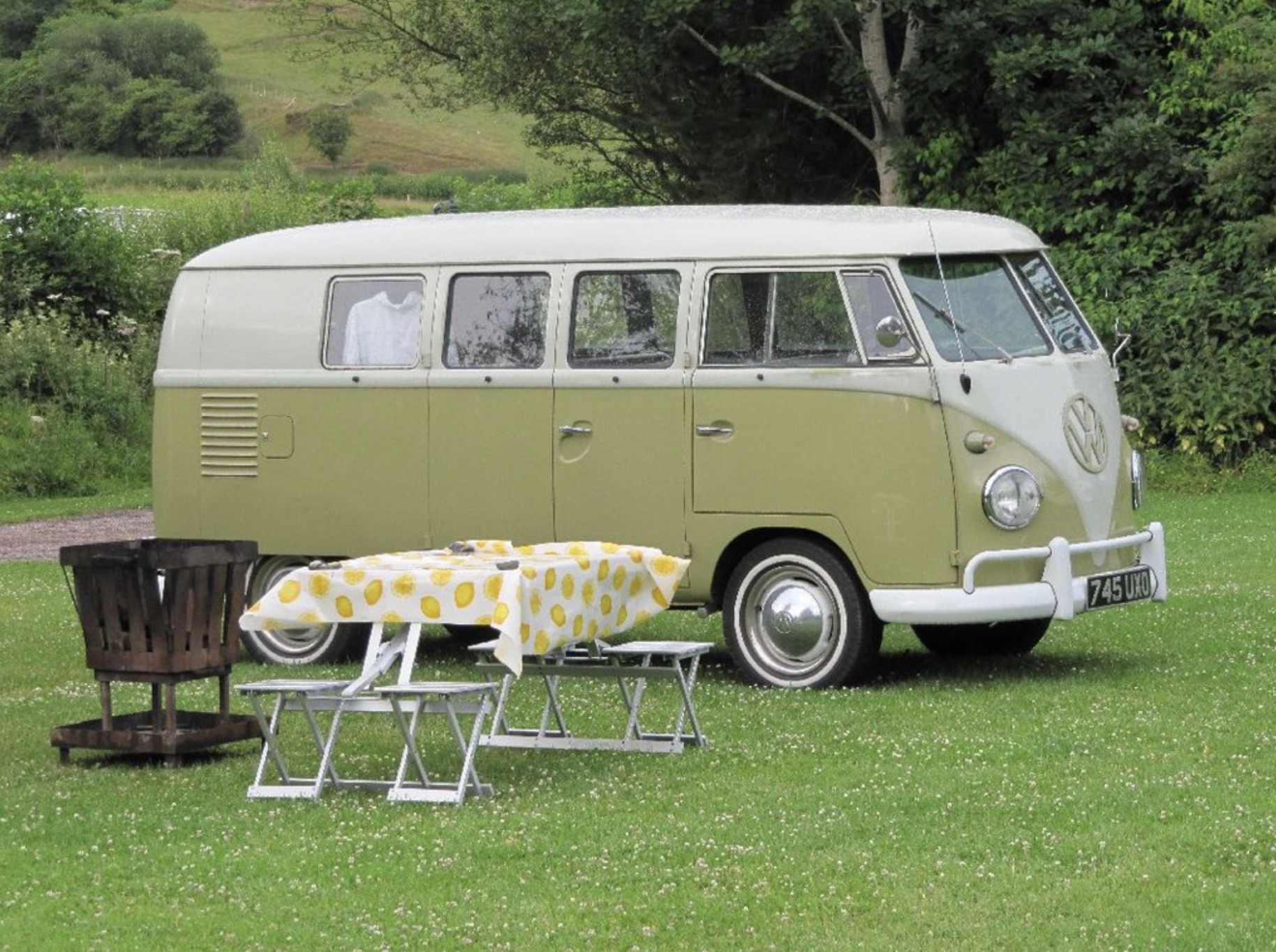
Source: Wikimedia
“Many contribute to the workforce, send their kids to our local schools, and may not appear ‘homeless’ when you see them at their jobs and in the area.”
Bozeman Residents Remained Divided on Urban Camping
Despite the city’s lenient approach to urban campers, residents remain divided. Some business owners argue that Bozeman has failed to enforce its own laws against urban camping.
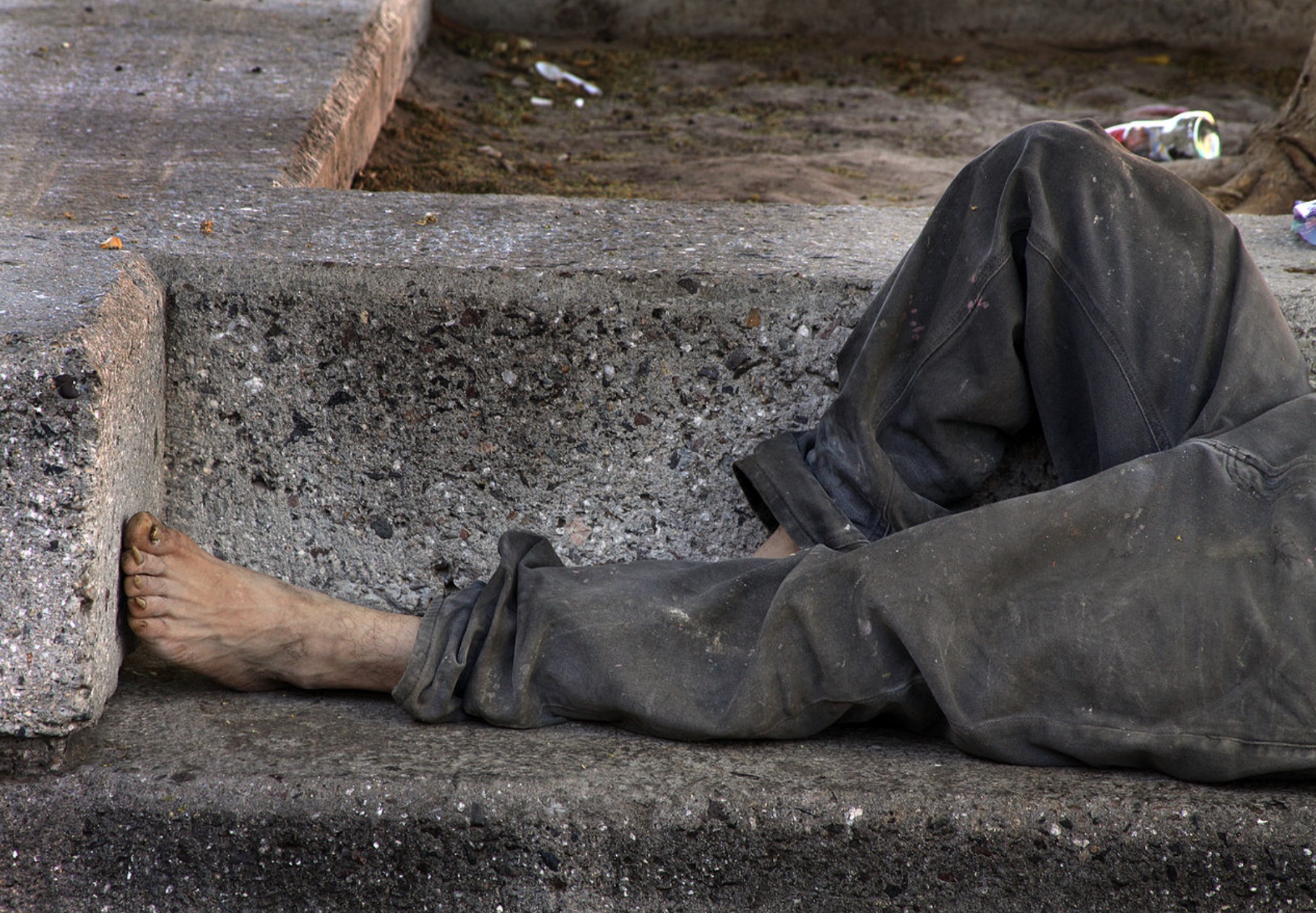
Source: Wikimedia
This led to a group of business owners suing the city last fall. According to the lawsuit, the city disregards illegal activities, including disturbing the peace, loitering, public intoxication, and drug use.
Bozeman Business Owner Unhappy With City’s Lack of Action
Dane Fletcher, owner of The Pitt Training Facility in Bozeman, argues that the city must follow its own laws.

Source: Pexels
“If the city just did what’s in the rule book, we’d be okay. And, like, people wouldn’t be camping on the side of the roads right now,” says Fletcher.
Bozeman Resident Expresses Worry for City’s Children
According to Fletcher, what worries him the most about the campers is that they live in close proximity to local children.

Source: Pexels
“These trailers are creeping in closer and closer to Chief Joseph and other schools. So, yes, I’m concerned for the adults; I’m concerned for everyone in town. I’m more so concerned for our kids and what’s being allowed,” says Fletcher.
Problems Near Urban Encampments
These so-called urban campers have allegedly created some problems in Bozeman, according to business owners.
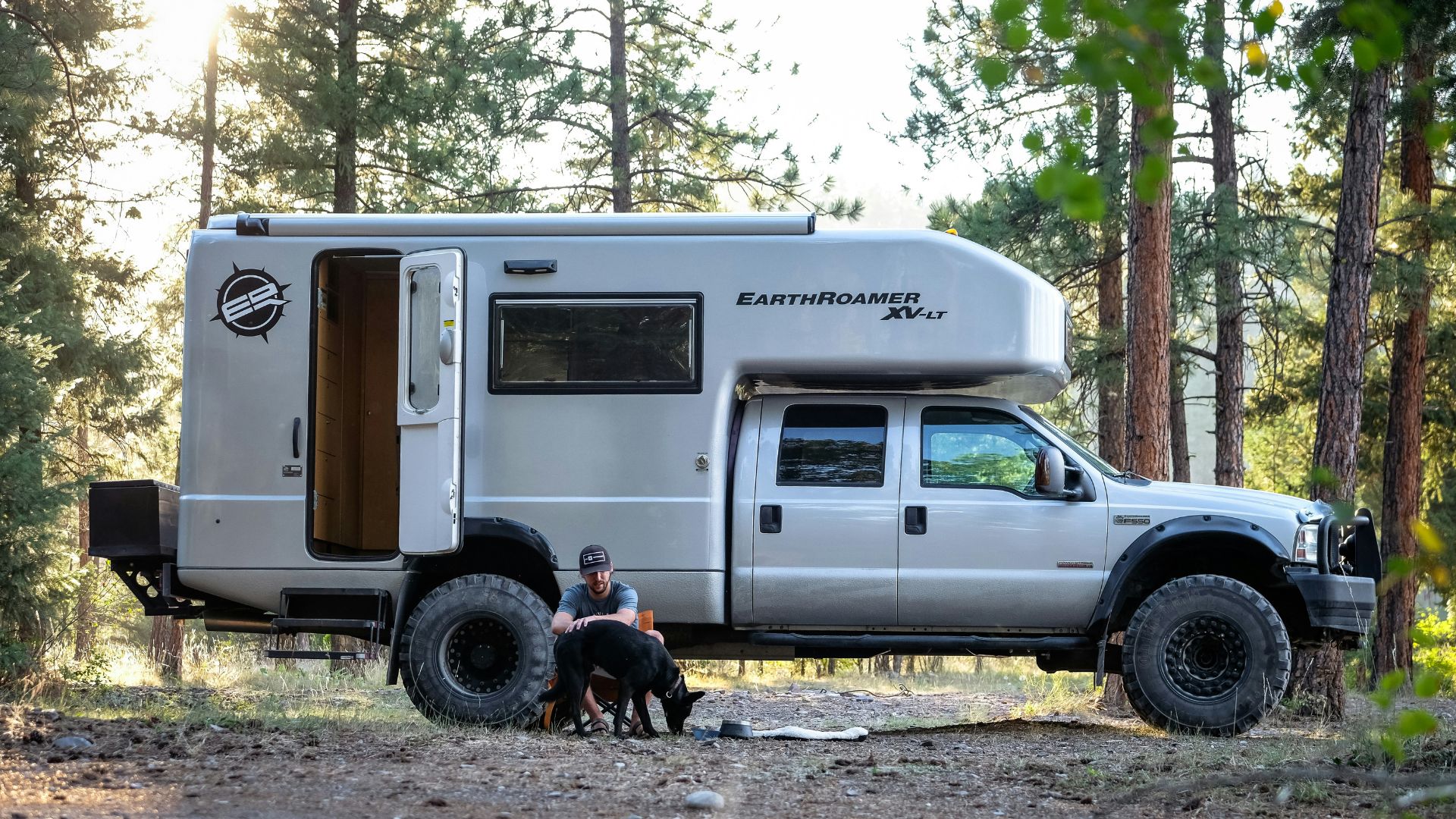
Source: Chris Cordes/Unsplash
Some owners have claimed that these campers have threatened their employees, while others are worried about ongoing vandalism issues. Environmental concerns, such as removing garbage and human waste, have also plagued these business people.
Police Won’t Do Anything
Many of these owners have tried to get the police to help them out, yet to no avail. Mike Hope owns the Aspen Crossing building in Bozeman and explained how the police won’t do anything.

Source: Fred Moon/Unsplash
Hope said, “We can’t even get the cops to come out and basically do anything. Every police officer we talk to, they’ve told us they can’t do anything. They’ve been told to stand down by the city manager and the city attorney.”
Moving the Encampments
These business owners would like the city to move these urban encampments to other areas that aren’t near businesses.
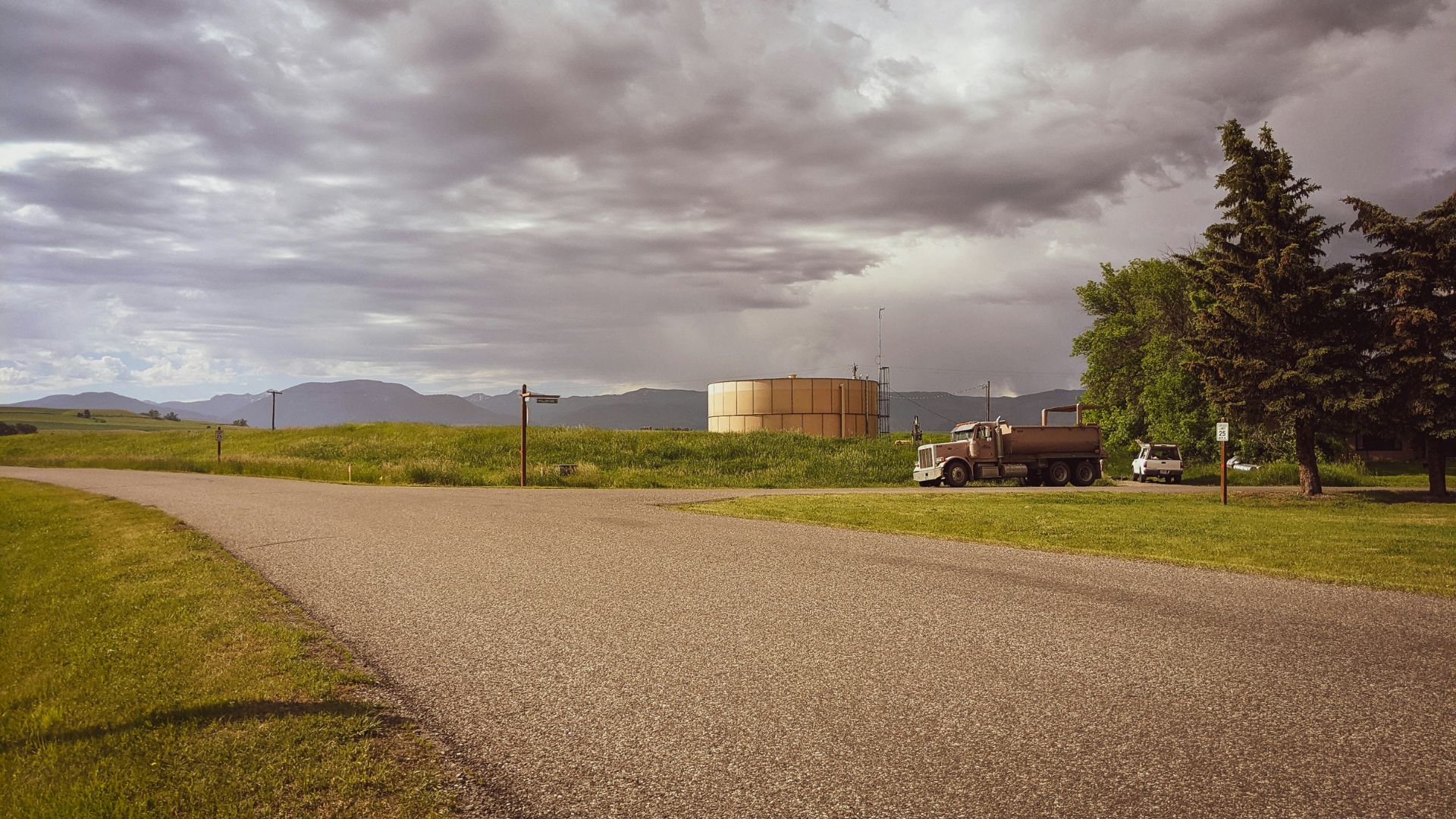
Source: winters/Unsplash
In their filed lawsuit, they request the encampments to be put in “more suitable, safe and healthy locations.” These owners aren’t seeking any monetary damages.
RV Camps Hurting Businesses
Other owners have opened up about how these RV encampments are harming their business, as people don’t want to go to places that are near many broken-down RVs and campers.
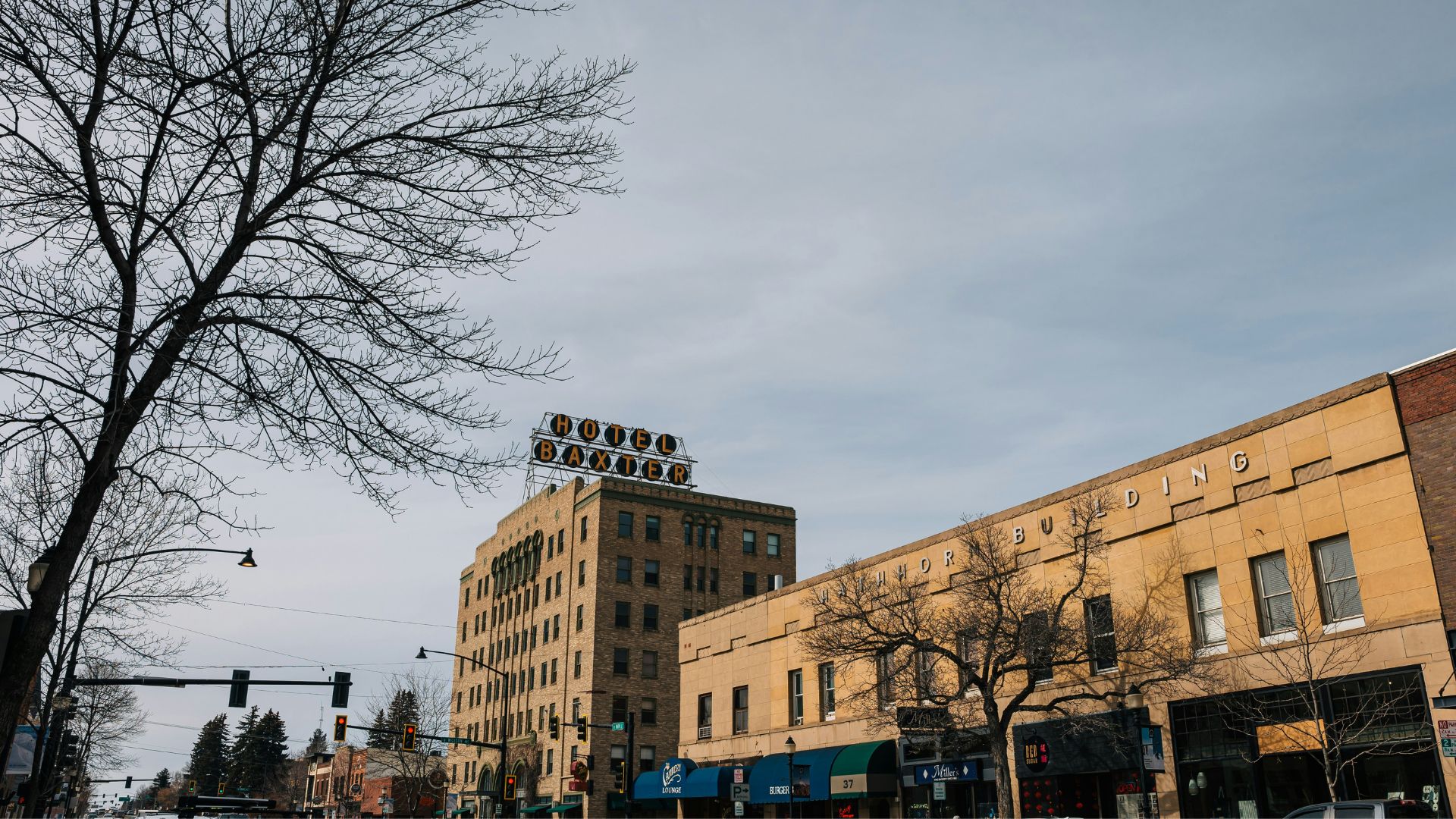
Source: Charles Moll/Unsplash
These areas can sometimes result in garbage piling up, which further forces Bozeman residents to steer clear of businesses near these urban camps.
Businesses Losing Money
Because of their closeness in location to these camps, many businesses have claimed to have lost a lot of money as traffic in their business declined.

Source: Tima Miroshnichenko/Pexels
Donnie Olsson, a real estate agent who runs a commercial office rental business, explained that he lost anywhere between $75,000 to $100,000 after campers set up shop a block away from one of the office buildings he owns.
The Enforcement of Laws
According to Olsson, he’s not even after the money he lost — even though he has experienced much stress from this monetary hit.
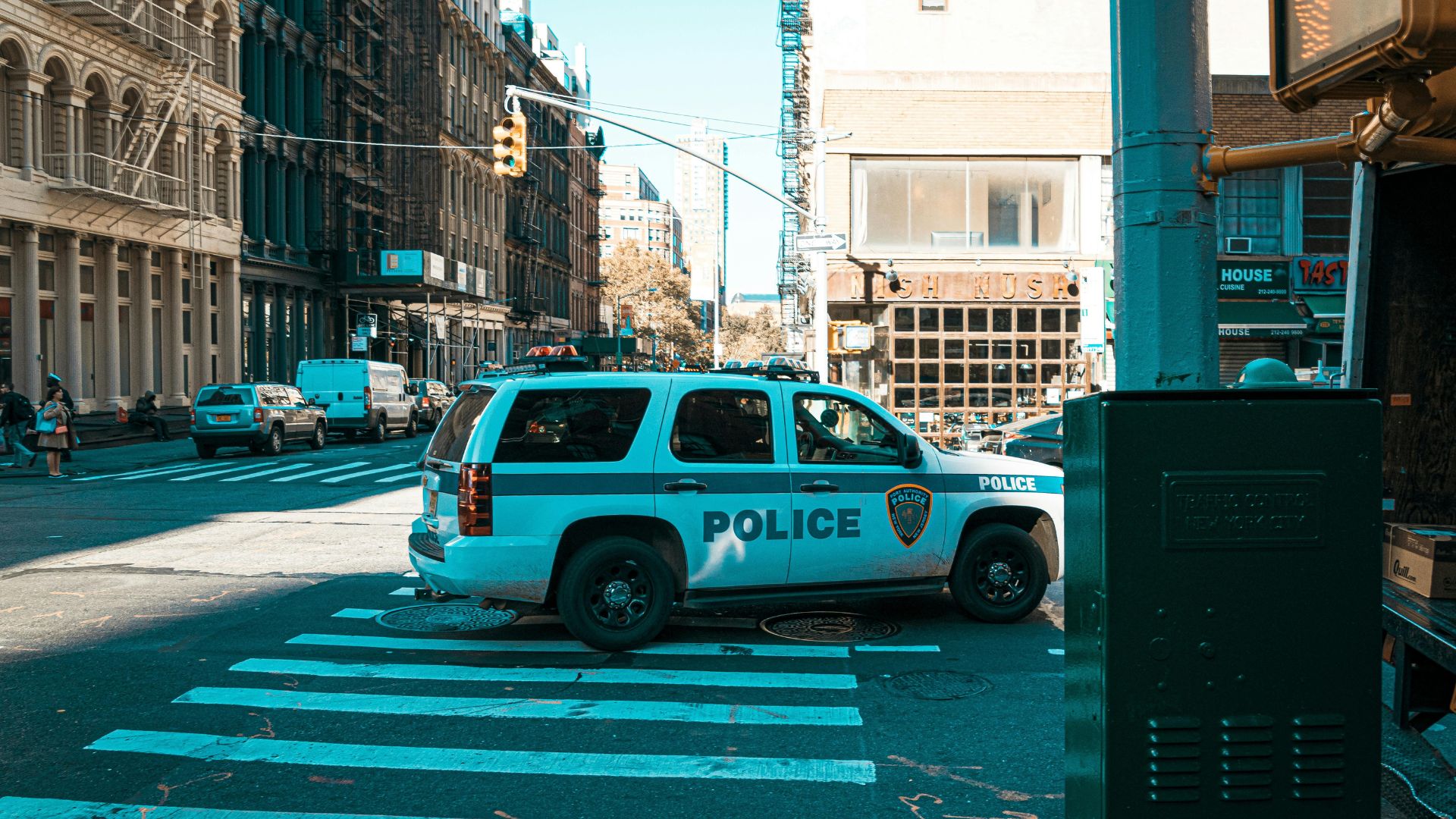
Source: Matthis Volquardsen/Pexels
“Even though I’ve lost money, I’m not after money,” Olsson explained. “I’d like to see them enforce the current ordinances that are in place, and try to come up with solutions that help everyone out, including the people who don’t have a place to live.”
Residents Choose to Live in Vehicles to Save Money
City residents have also complained that many urban campers have chosen to live in their vehicles as a way to save money.
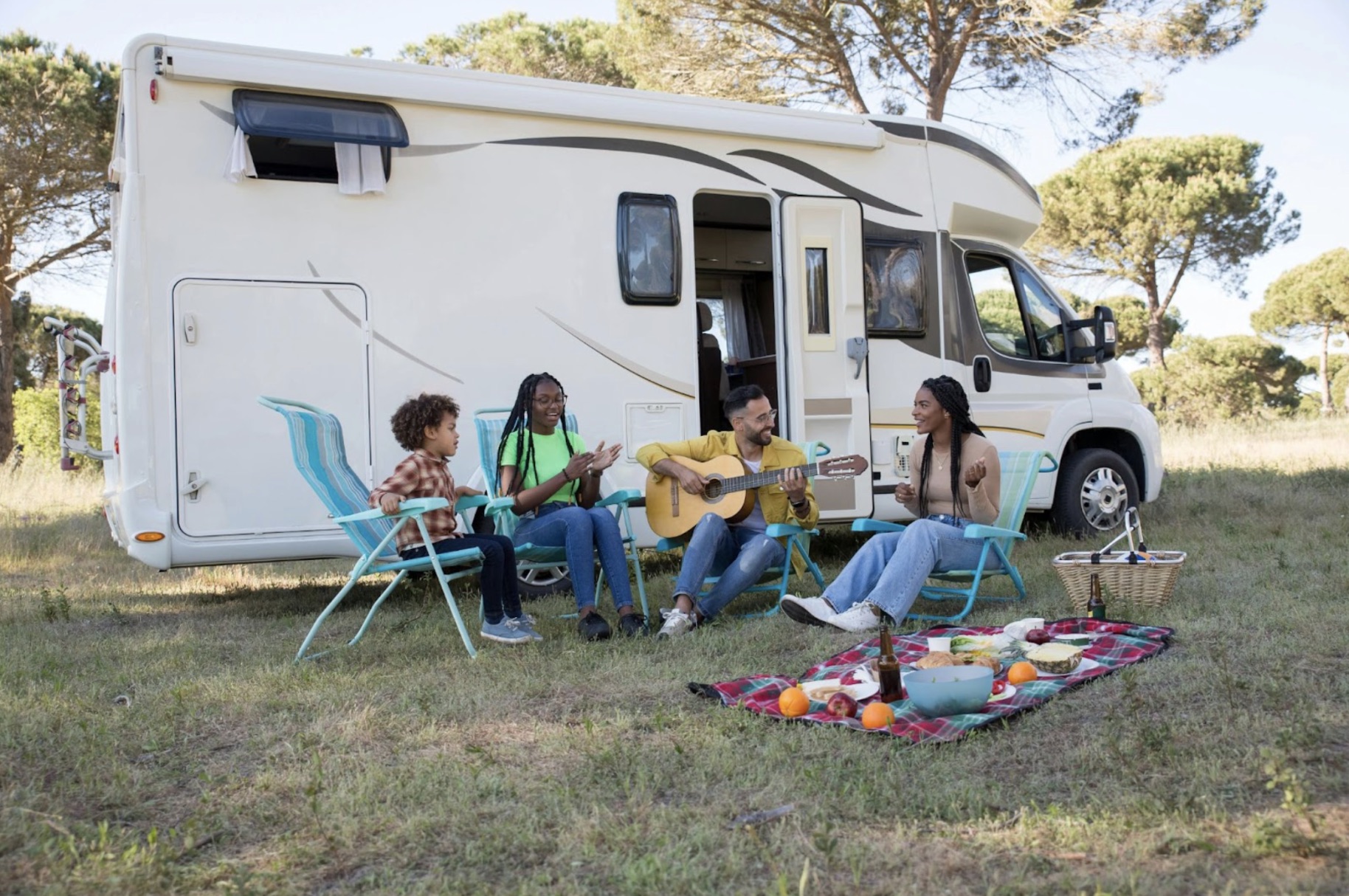
Source: Pexels
According to Mayor Cunningham, a part of the problem stems from the city’s inability to determine why an individual has chosen to live in their RV, as residents are not required to disclose that information.
Bozeman Introduces Urban Camping Ordinance in November
Back in November, Bozeman implemented an ordinance that prohibited campers from parking at the same location for more than 30 days.

Source: Wikimedia Commons
However, according to Fletcher, this won’t solve the problem. He argues, “They might be moving, but they’re just shuffling. It’s just like, Where’s Waldo today? They’re just shuffling cars and trailers here to this block, to that block.”
Urban Camper Argues City Is Making It Harder to Be Homeless
Steven Ankney, who lives in an RV with his family, argues, “They’re making it harder to be homeless. It’s already hard enough.”
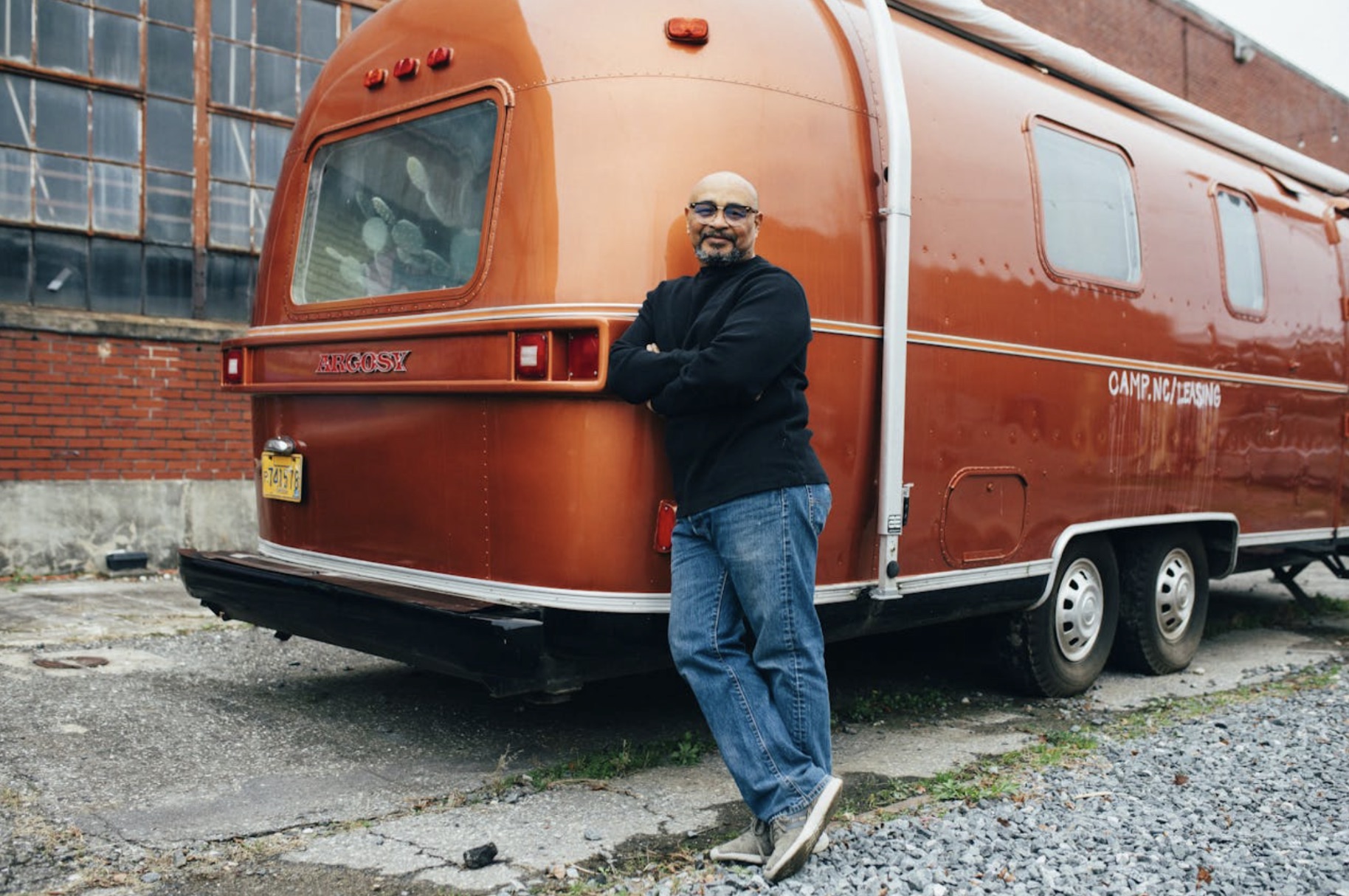
Source: Pexels
I understand they don’t want us on the street, but it’s going to happen until they get livable places for us, or affordable houses for us, or places that we can live.”
Homeless Problems in Montana
Unfortunately, Montana has seen a surge in homeless people in recent years. Therefore, Bozeman is only one example of the homelessness crisis in the state.
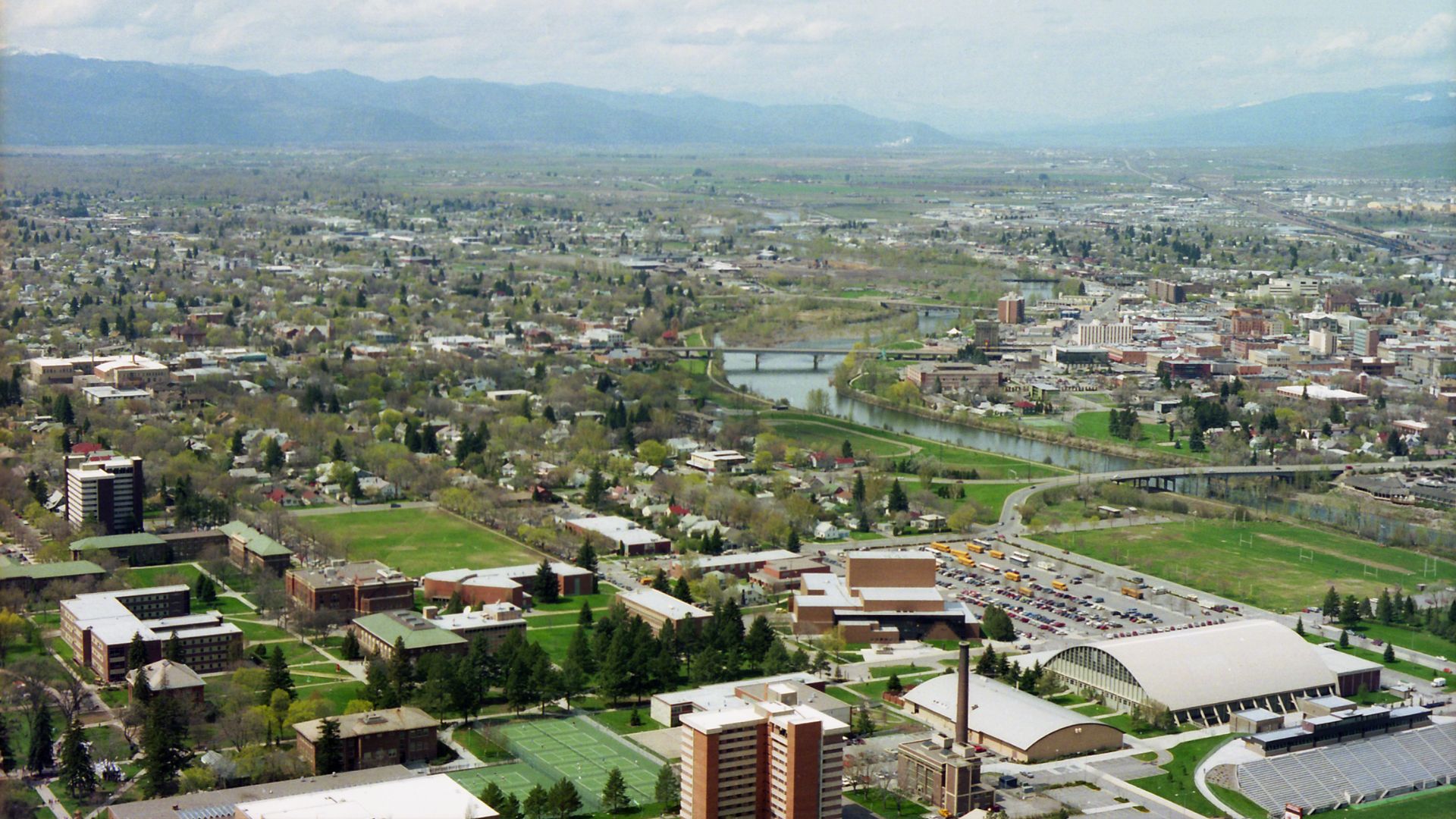
Source: Ken Eckert/Wikimedia Commons
Missoula, which is about a three-hour drive from Bozeman, has also been struggling as they’ve seen their homeless population increase in a short time frame.
Missoula vs Bozeman
However, both of these city’s crises do differ from one another. While Bozeman’s homeless population has seen an increase in urban encampments — which tend to include RVs, campers, and cars — Missoula hasn’t really seen this.
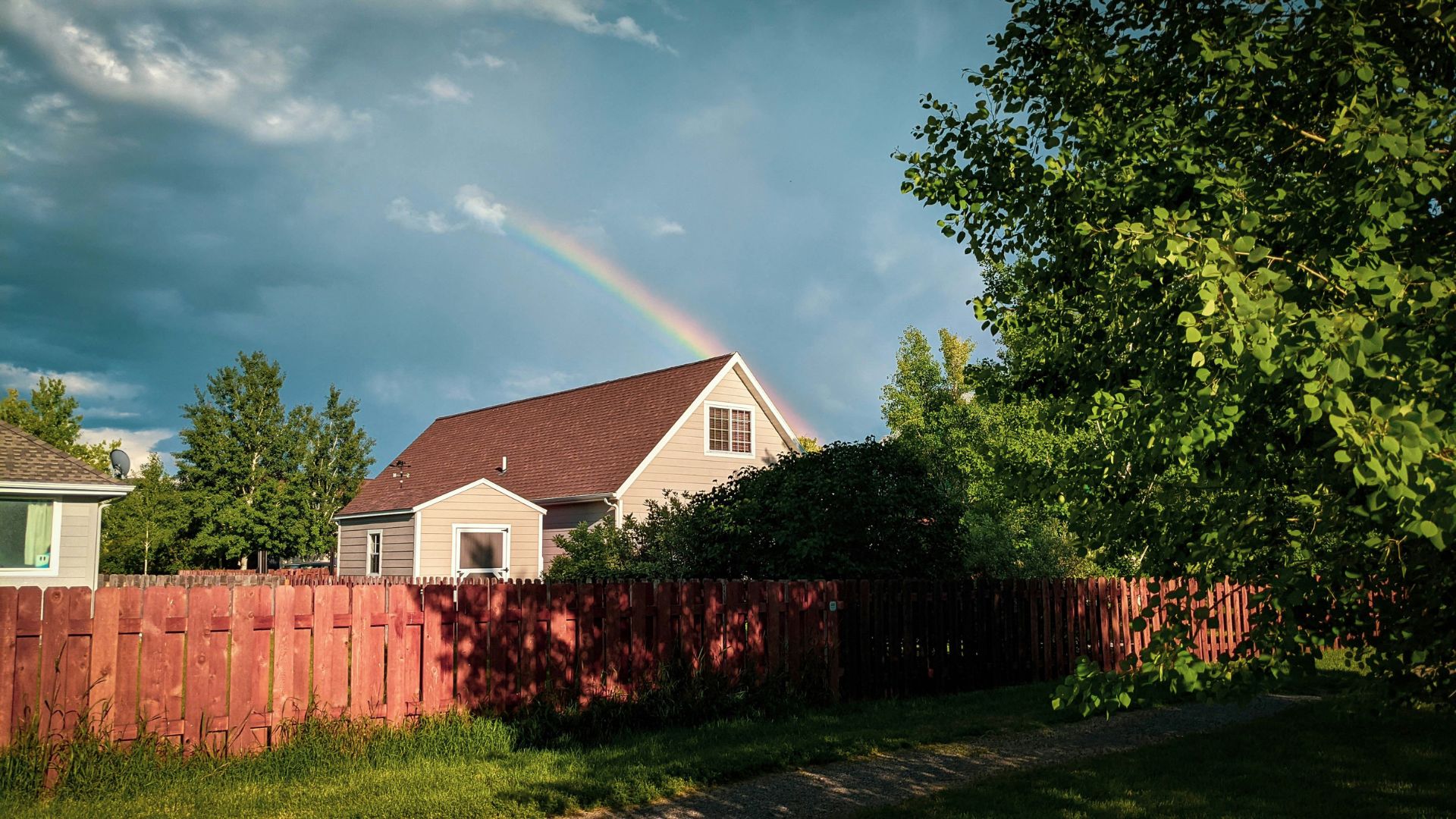
Source: winters/Unsplash
Instead, the Montana city has seen an increase in tent campers more than anything.
Population Stats
Missoula also has more people who are homeless than Bozeman does, at the moment. According to statistics from the city, Missoula has more than 700 people who are homeless in their city.
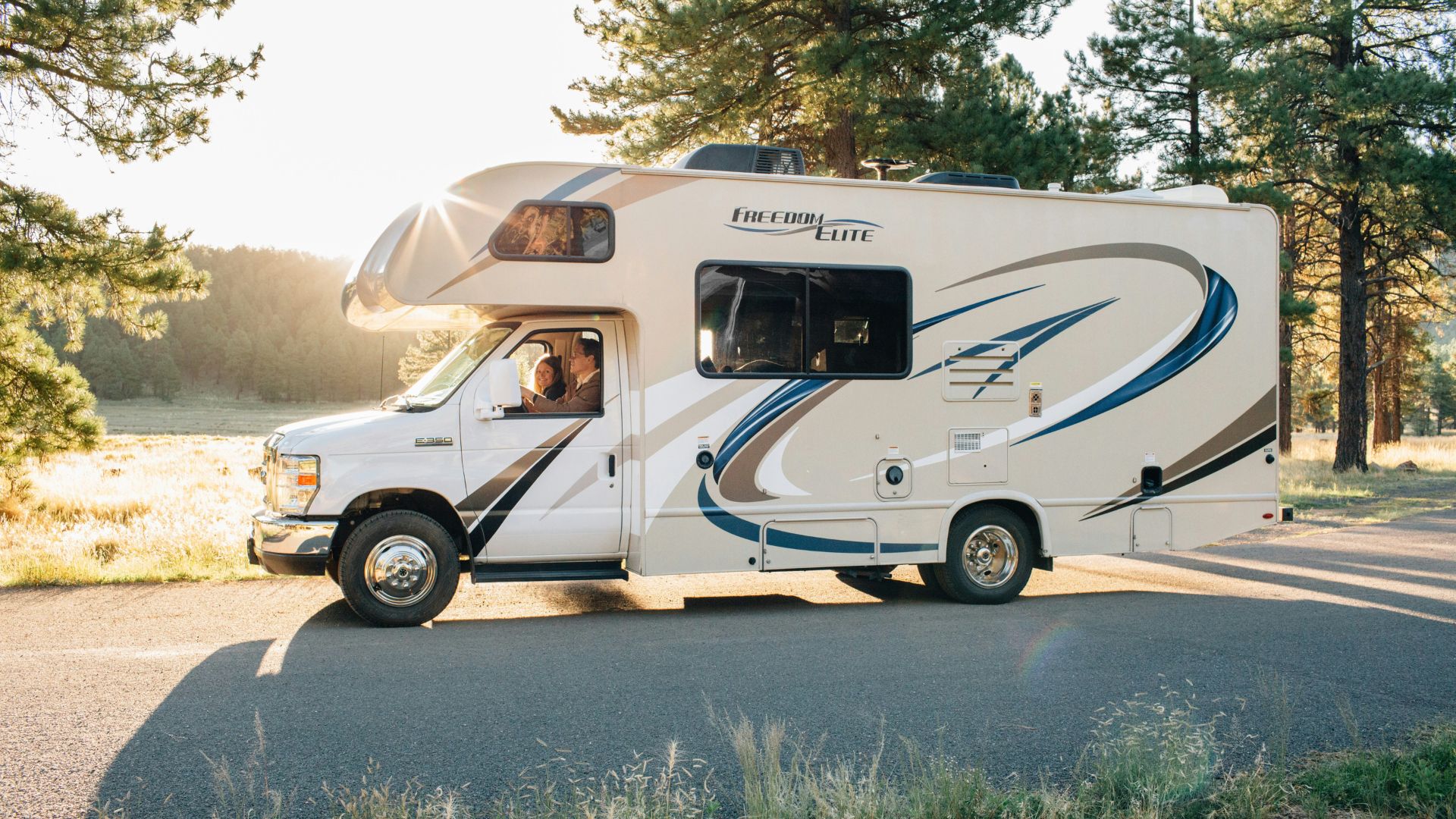
Source: Roadpass/Unsplash
Meanwhile, Bozeman only has a third of that, as about 250 people are considered homeless. The actual number of homeless people who have chosen to camp, rather than stay at shelters, also differs, though analysts do believe this number is in the hundreds in both cities.
Learning What Doesn’t Work
Both Bozeman and Missoula have tried to help their urban campers, while also adhering to what many business owners and residents want.

Source: Frankie/Unsplash
As a result of some of their past ideas, policymakers in these Montana towns have learned what doesn’t work. City-sponsored camping is one such idea that has failed.
City Sponsored Camping
In 2022, Missoula Mayor Jordan Hess decided to officially close the city’s authorized campsite, also known as ACS. The city created this campsite to allow campers to live there, rather than on the streets of Missoula. However, it quickly became full of safety concerns — and cost the town more than $319,000.
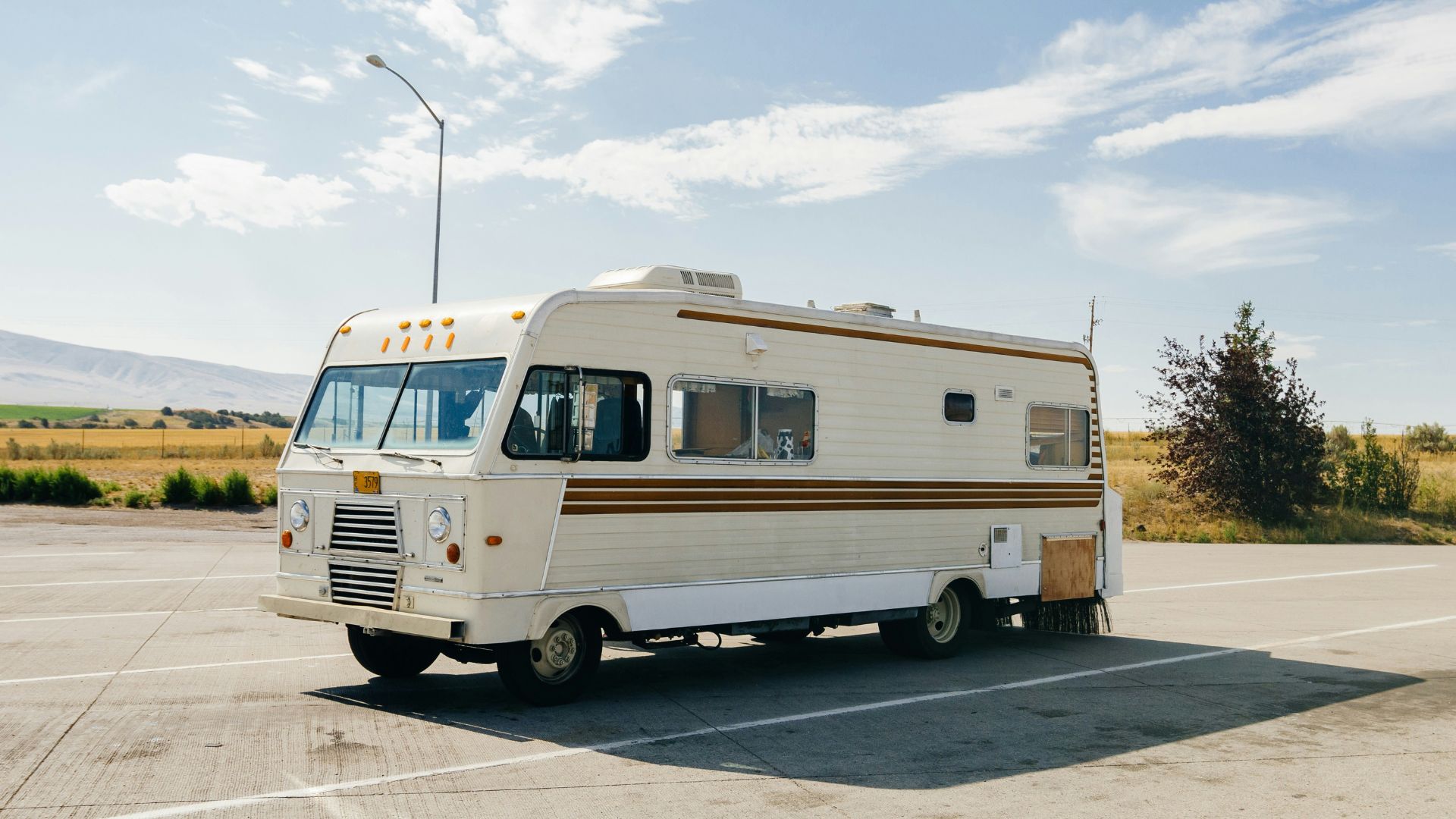
Source: Steven Weeks/Unsplash
“The authorized campsite was, I would say, a noble experiment,” Hess explained. “It was an attempt to create a safe, sanctioned campsite where folks living without shelter could camp with access to sanitation and some real basic services.”
No Accountability
However, the camp quickly became full of safety concerns and complaints. Pastor Jim Hicks, who is also the executive director of Missoula’s Hope Rescue Mission, detailed why this camp didn’t work.

Source: Joshua Sukoff/Unsplash
“You cannot have a group of unhoused, mental health, drug people gather without accountability and responsibility,” Hicks said. “It will turn into a Wild West show, and that’s exactly what happened.”
Policy Comparison with Other States
While Bozeman grapples with urban camping, other states have implemented policies that might serve as models. For example, Oregon has developed comprehensive homeless services and stricter rental increase limits to curb homelessness.

Source: Freepik
Such measures could offer actionable solutions for Bozeman, adapting them to local needs to ensure they address the specific challenges faced by the community.
Economic Impact Analysis
The presence of urban campers in Bozeman has led to mixed economic effects. Local businesses report decreased foot traffic and revenue, while costs for city services have risen.

Source: Lukas/Pexels
A thorough economic analysis could quantify these impacts, guiding effective policy measures to mitigate negative effects while supporting both business owners and urban campers.
Mental Health and Social Services Availability
Access to mental health and social services in Bozeman remains critical yet underfunded. Many urban campers suffer from mental health issues without adequate support, exacerbating the cycle of homelessness.
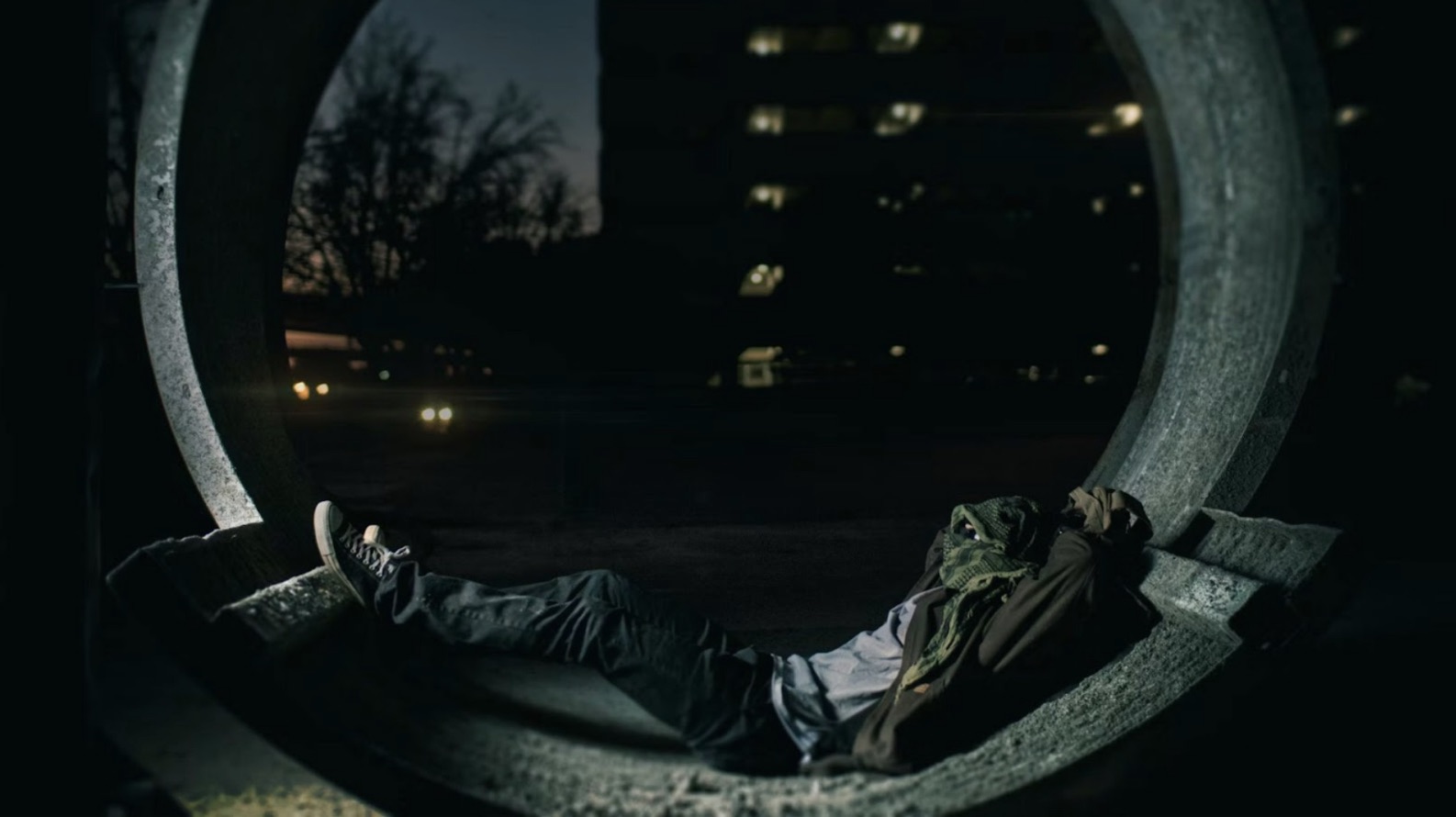
Source: Randy Jacob/Unsplash
Strengthening these services could not only aid individuals directly but also relieve some community tensions by providing more comprehensive care.
Community Integration Programs
Successful reintegration programs have used job training and permanent housing solutions to address homelessness.

Source: Freepik
Bozeman could consider similar initiatives, fostering partnerships between local businesses, non-profits, and the government to create pathways out of homelessness, tailored to fit the unique fabric of the city.
Long-term Housing Solutions
Exploring long-term housing solutions, Bozeman could look to cities like Austin, which has invested in modular homes for the homeless.

Source: Diego V/Flickr
Such sustainable and affordable housing developments could provide stable living conditions for those currently in RVs and vehicles, addressing the root cause of urban camping.
Impact on Children and Education
Children living in urban camps face unique challenges, impacting their education and well-being.

Source: Taylor Flowe/Unsplash
Bozeman could develop targeted educational outreach programs to ensure these children receive consistent schooling and support, similar to initiatives in cities like San Francisco, which provide mobile schooling services and psychological support.
Legal Perspectives and Human Rights
The legal landscape surrounding urban camping in Bozeman raises significant human rights concerns.

Source: Freepik
Ensuring that ordinances respect both the rights of urban campers and the broader community requires a balanced approach, possibly through mediated community discussions that include legal experts and human rights advocates.
Environmental Impact of Urban Camping
The environmental impact of urban camping in Bozeman includes unsanitary conditions and increased litter, which has been challenged legally by local businesses.

Source: Alexander Schimmeck/Unsplash
Implementing designated camping areas with proper sanitation facilities could mitigate these issues.
Public Perception and Media Coverage
Public perception in Bozeman is shaped significantly by media portrayal of urban camping.

Source: Freepik
Promoting stories that highlight both challenges and successful interventions can foster a more compassionate and nuanced view of the issue, encouraging community-wide support for comprehensive solutions.
Historical Context and Future Projections
The housing crisis in Bozeman fits into a larger historical context of urban development challenges in the American West.

Source: Pexels
Analyzing past trends and projecting future changes can help policymakers potentially anticipate the needs of the city’s growing population and the potential escalation of urban camping.
Innovative Funding Solutions for Housing Initiatives
Bozeman could explore innovative funding solutions to support housing initiatives, similar to what other cities have done with housing bonds or public-private partnerships.

Source: Freepik
By leveraging funds from both public sources and private investors, Bozeman can create a sustainable financial model to develop affordable housing projects, which would directly address the root causes of urban camping.
Role of Non-Profit Organizations in Addressing Homelessness
Non-profit organizations play a crucial role in addressing urban homelessness in Bozeman. By highlighting successful non-profit initiatives, such as outreach programs, emergency shelters, and transitional housing, the community can better understand and support these efforts.
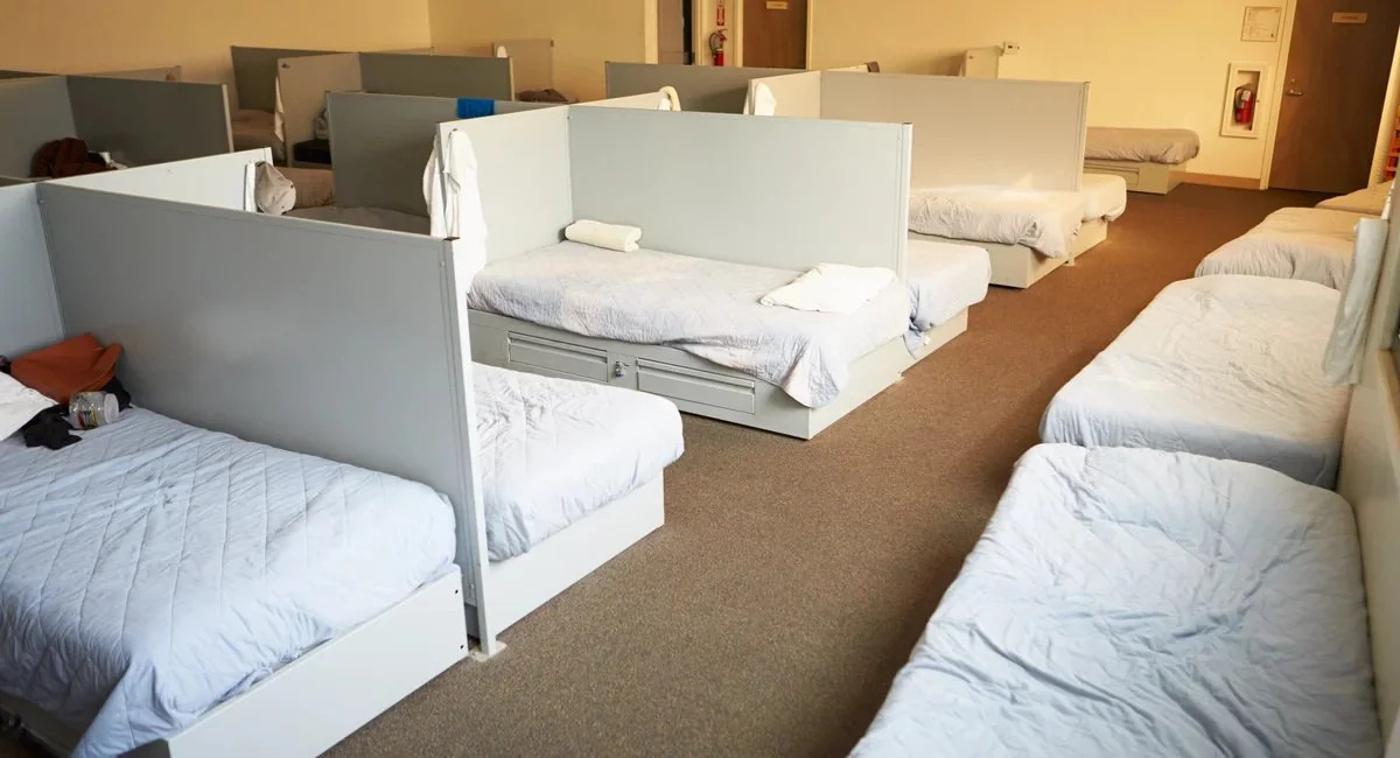
Source: Reddit
Collaborative efforts between the city and these non-profits could be key to developing long-term solutions for the urban camper population.
